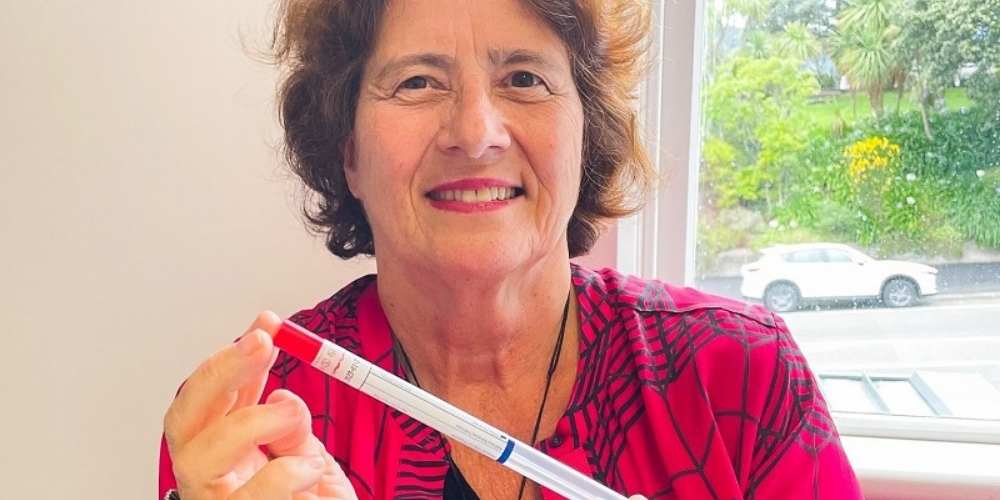Cervical self-screening
HPV self-test: New and more effective screening to prevent cervical cancer
An innovative new cervical self-screening test that enables women to screen themselves through their general practice or at home has been launched at three Mahitahi Hauora general practices in Northland, with a fourth soon to follow.
The self-test is being offered as part of a two-year research study led by Te Herenga Waka—Victoria University of Wellington to explore the challenges associated with implementing this test, as well as its ability to increase uptake of cervical screening in Northland and improve screening services, particularly for Māori and rural populations.
Northland primary health entity, Mahitahi Hauora, is working with Te Herenga Waka—Victoria University of Wellington’s Te Tātai Hauora o Hine—National Centre for Women’s Health Research Aotearoa to carry out the study, which is funded by Mahitahi Hauora and the Health Research Council
The self-test detects high-risk Human Papillomavirus (HPV), which is the cause of cervical cancer. Screening for HPV can detect pre-cancerous changes before cervical cancer develops.
Mahitahi Hauora Clinical Director Dr Grahame Jelley said the study looks at how many women have cervical screening when offered self-screening compared with women offered the usual cervical smear, including those who have never screened or are under-screened. The research will also gather feedback from wāhine and healthcare providers about their experiences with the new test.
“We already know HPV screening gives more reliable results than a traditional cervical smear. What we’re doing in this study is looking at patient uptake of HPV self-screening and how it can best be implemented in New Zealand general practice.”
Study findings will be used to inform the National Screening Unit as it works toward its anticipated rollout of HPV as a replacement screen for traditional cervical smear in 2023.
Dr Jelley said self-testing could increase uptake of cervical screening among under-screened or never-screened women, particularly Māori and Pacific women and those in rural areas, who have lower screening rates.
“We know significant numbers of wahine Māori are reluctant to have a cervical smear because it’s a physical examination, and whakama has always been one of the major barriers. For our rural populations, there are also barriers to accessing healthcare services such as costs, health literacy and whānau understanding of the need for screening, and lack of transport.
“Self-screening offers women the ability to safely screen themselves in a more discreet and less invasive way. The test is easy to use and women can do it themselves at home or in a toilet at their GP clinic.
“Māori and Pacific populations have higher rates of cervical cancer than other populations. If self-testing increases their uptake of screening, then we’re going to reduce the incidence of cervical cancer in those populations.”
Te Tātai Hauora o Hine—National Centre for Women’s Health Research Aotearoa founder and director Professor Beverley Lawton said it was a privilege to be guided by the steering group, Mahitahi Hauora, and the general practices involved as they worked together on this research to implement the improved cervical cancer screening programme.
General practices offering the self-test through the research project are Whanau Ora Community Care, James Street Doctors, and The Doctors Tikipunga. Hokianga Health will also begin offering it after staff training is completed on 25 February.
To take part in the study, women need to be enrolled at one of the four medical centres offering the test, be aged between 25 and 69 years, and be due or overdue for a cervical screen.
